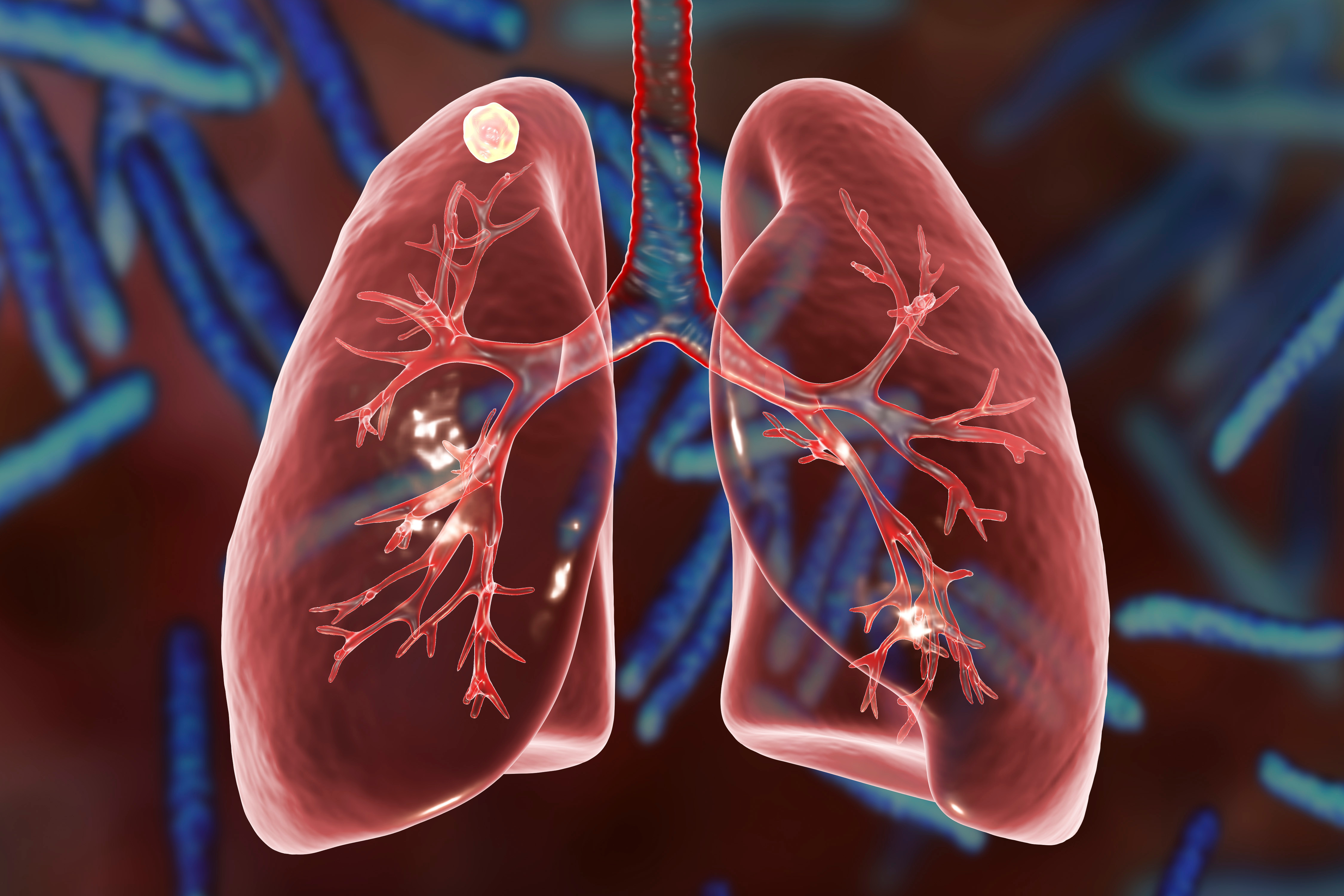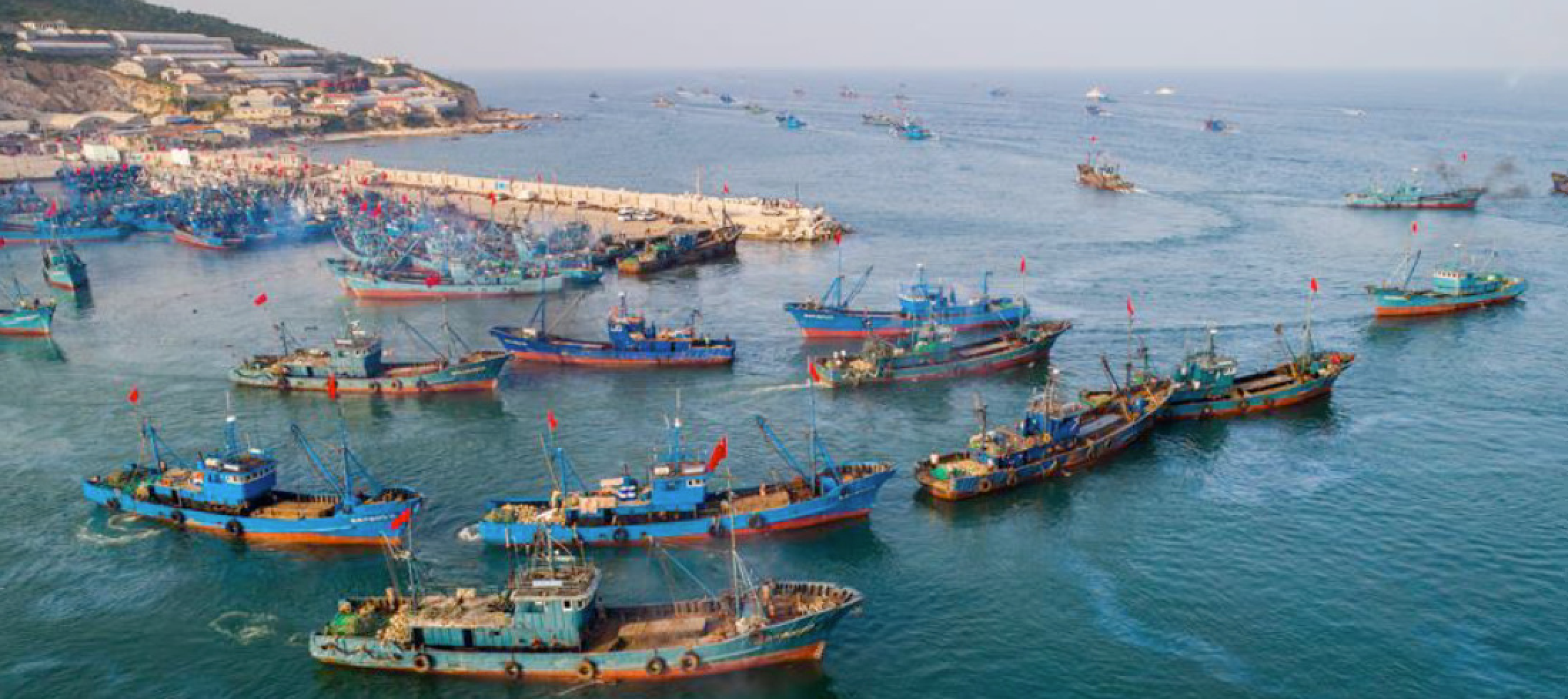The UK has implemented a number of sanctions in response to Russia’s invasion of Ukraine. The applicable UK legislation is The Russia (Sanctions) (EU Exit) Regulations 2019, which has been amended by eight additional regulations (the “Amendments”).
The Amendments to the Regulations impose a number of restrictions and prohibitions in response to the escalating situation in Ukraine, including those summarised below. A number of companies and individuals, including a number of large Russian banks, have been added to the UK Sanctions list of designated persons (the “List”) and are subject to an asset freeze.
UK sanctions apply to British citizens and British overseas citizens and UK constituted and incorporated entities (even if operating outside the jurisdiction and irrespective of where their activities take place). They also apply to any persons who are within or undertake activities within the UK’s territory.
Members are reminded that the sanctions position is constantly changing, and the List is regularly updated. As such, it is important that Members undertake thorough due diligence in respect of any contractual counterparts and commercial arrangements involving Russia.
Restrictions on Financial Transactions
The Russia (Sanctions) (EU Exit) (Amendment) (No.2) Regulations 2022, which came into force on 1 March 2022, prohibit:
- Dealing with transferable securities and money market instruments issued on or after 1 March 2022 by:
-
- the Russian Government;
- a person connected with Russia or an entity owned by or acting on behalf/at the direction of a person connected with Russia; or
- an entity incorporated or constituted under UK law and owned by an entity listed in Schedule 2 which includes Sberbank, VTB bank, Gazprombank, VEB bank, Rosselkhozbank, OPK Oboronprom, United Aircraft Corporation, Uralvagonzavid, Rosneft, Transneft and Gazprom Neft.
- UK credit and financial institutions establishing or continuing a correspondent banking relationship with a designated person or a credit or financial institution owned or controlled (directly or indirectly) by them.
- The granting of loans or credit after 1 March 2022 to:
-
- “persons connected with Russia” where the loan or credit has a maturity exceeding 30 days;
- an entity incorporated or constituted under UK law and owned by an entity listed in Schedule 2 where the loan or credit has a maturity exceeding 30 days; or
- any loan or credit to the Government of Russia.
Restrictions on Goods and Trade
The Russia (Sanctions) (EU Exit) (Amendment) (No.3) Regulations 2022, which came into force on 1 March 2022, prohibits (amongst other things) the export, supply and delivery, making available and transfer of:
- “dual-use goods” and “critical-industry goods” to, or for use in, Russia;
- Military goods and technology;
- dual-use technology and critical-industry technology.
The critical-industry goods and critical-industry technology covered by the Regulations are set out in Schedule 2A to the Regulations and includes certain electronics, telecommunications, sensors, lasers, marine, navigation/avionics and information security items.
The Regulations also prohibit the provision of technical assistance, armed personnel, financial services or funds or associated brokering services where such provision enables or facilitates the conduct of certain military activities.
On 14 April 2022, the UK government published the Russia (Sanctions) (EU Exit) (Amendment) (No. 8) Regulations 2022, which provides for new trade restrictions. More particularly:
- Existing measures relating to “Restricted Goods” and “Restricted Technology” have been expanded to oil refining goods and technology, quantum computing and advanced materials goods and technology. The export, supply and delivery, making available, and transfer of such items to or for use in Russia is prohibited. This includes the provision of related technical assistance, financial services, funds and brokering services.
- A prohibition on the export, supply and delivery, making available and transfer of certain luxury products to or for use in Russia, or to a person connected with Russia.
- A prohibition on the import, acquisition, supply and delivery of certain iron and steel products originating in or consigned from Russia.
Ports/UK Shipping to and from Russia Restrictions
The Russia (Sanctions) (EU Exit) (Amendment) (No.4) Regulations 2022, which came into force on 1 March 2022, prohibit the entry into UK ports of ships that are:
- owned, controlled, chartered or operated by a designated person;
- owned, controlled, chartered or operated by persons connected with Russia;
- flying the Russian flag;
- registered in Russia; or
- specified by the Secretary of State.
Restrictions on Financial Services
The Russia (Sanctions) (EU Exit) (Amendment) (No.5) Regulations 2022, which came into force on 1 March 2022, prohibit a UK individual or entity from providing financial services for the purpose of foreign exchange reserve and asset management to any of the following:
- the Central Bank of the Russian Federation;
- the National Wealth Fund of the Russian Federation;
- the Ministry of Finance of the Russian Federation;
- a person owned or controlled directly or indirectly by the persons listed above; or
- a person acting on behalf of or at the direction of any of the persons listed above.
Aircraft Ban
On 8 March 2022 the Russia (Sanctions) (EU Exit) (Amendment) (No.6) Regulations 2022 came into force. This introduced a prohibition on Russian aircraft from flying over or landing in the UK. The Regulations define “Russian aircraft” as an aircraft (i) owned, chartered or operated by a designated person or a person connected with Russia or (ii) registered in Russia.
Additional Restrictions
On 30 March 2022, the UK government published the Russia (Sanctions) (EU Exit) (Amendment) (No. 7) Regulations 2022, which introduced the following further restrictions:
- A prohibition on the provision of “technical assistance” – provided directly or indirectly – relating to an aircraft or ship to, or for the benefit of, a designated person. This provision is not contravened where (i) there was no reasonable cause to suspect that the technical assistance was provided to or for the benefit of a designated person or (ii) a failure to provide technical assistance would endanger the lives of persons on board.
- An expansion of the existing finance, shipping and trade sanctions relating to Crimea to the non-government controlled areas of Donetsk and Luhansk.
The Regulations also confer a power on the Secretary of State to designate persons by description instead of identifying them by name.
Further information and guidance regarding the UK sanctions relating to Russia can be found on the UK government website.




